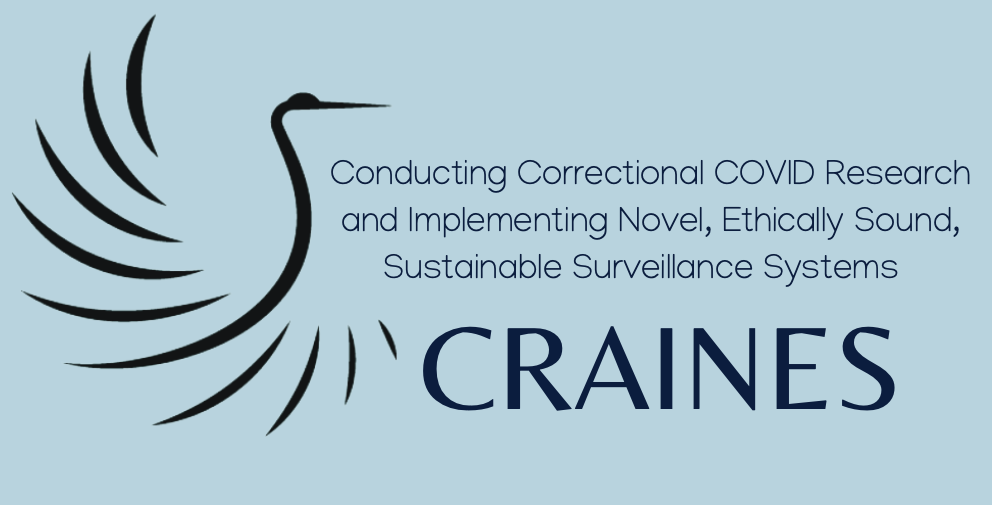-
Throughout the COVID-19 pandemic in the U.S., persons in jails have borne a share of disease 3-fold or greater than that seen in the general population. While many cases have been imported from surrounding communities, crowding in these congregate settings has led to rapid in-house transmission, especially since testing in jails has been sparse. Vaccine hesitancy among staff and those detained mean the population is ill prepared for new waves of infection, perhaps from virus variants. Better surveillance could warn systems earlier, and allow jails to stem the tide of a new outbreak. At least half, if not more, of infected persons shed coronavirus in their stool. Monitoring wastewater is a promising practice that only a few jails have adopted. The overarching goal of C.R.A.I.N.E.S is to introduce Wastewater Based Surveillance (WBS) as an evidence-based strategy for SARS-CoV-2 surveillance in the jails of Atlanta, Chicago, suburban Boston and Washington DC. We assess the barriers to and facilitators of implementing WBS for SARS-CoV-2 detection in 4 jail demonstration sites, measure implementation outcomes associated with WBS and use these outcomes to inform key stakeholders, using a knowledge to action framework, and study the process and the perceived effectiveness of incorporating diverse stakeholders, including the formerly incarcerated, on the WBS implementation team.
